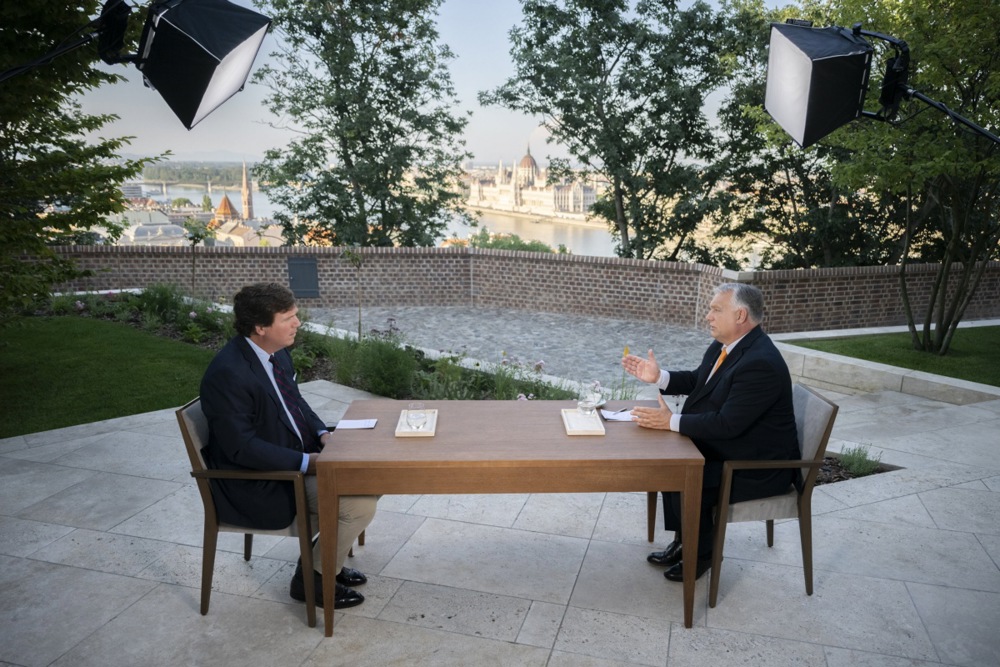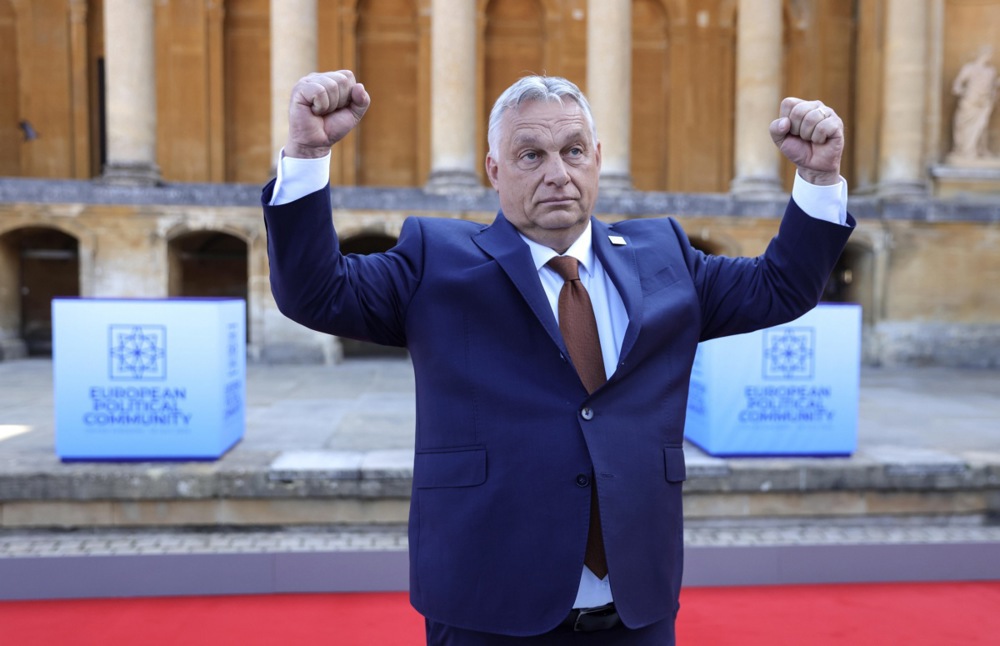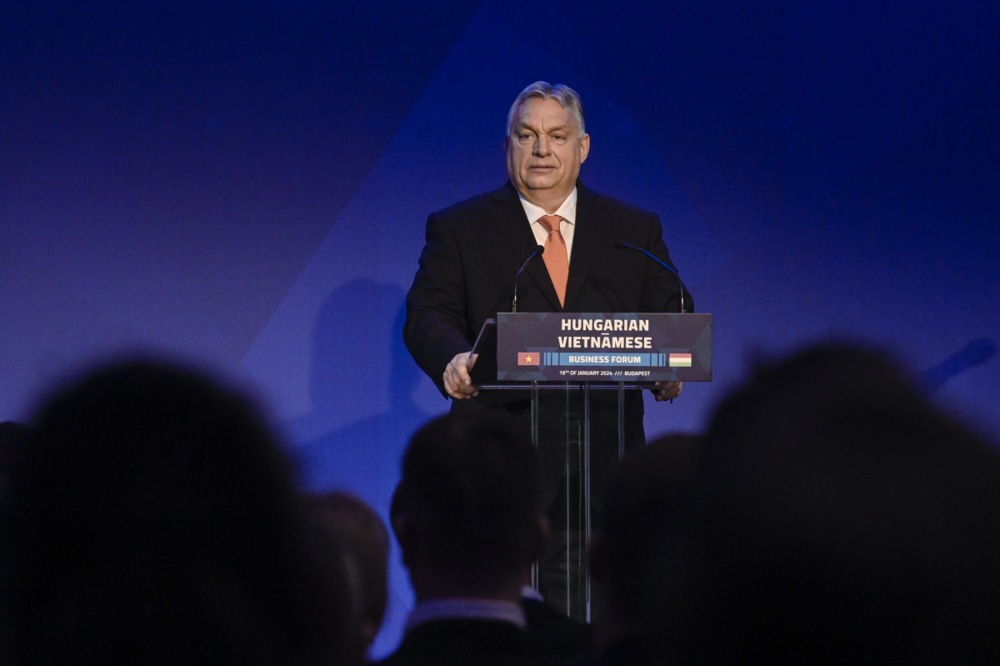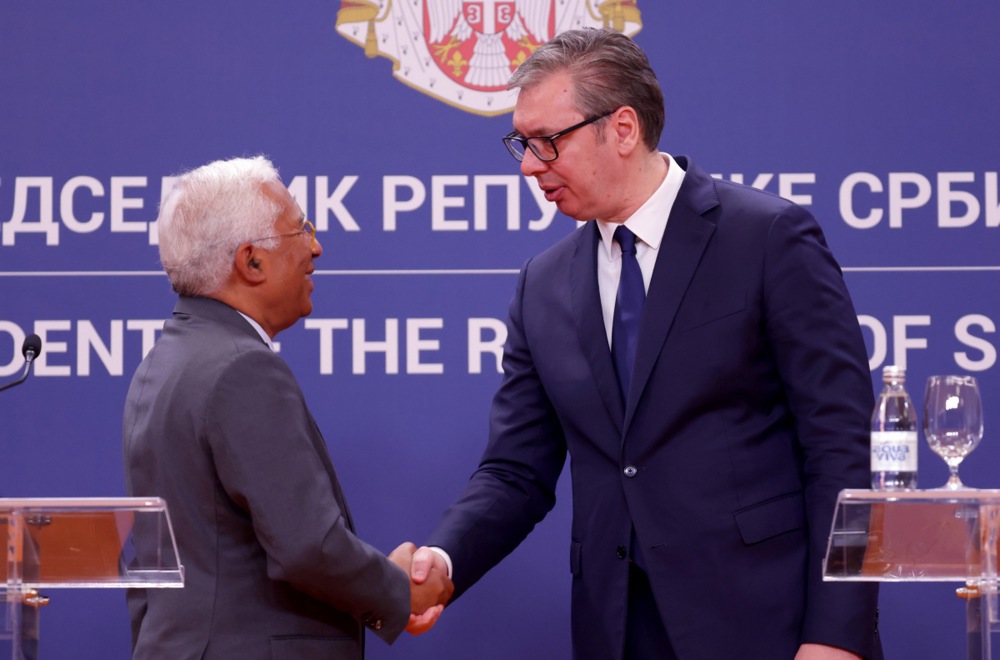Denmark’s Minister for European Affairs, Marie Bjerre, has stated that the country intended to use its presidency of the Council of the European Union to apply “maximum pressure” on Hungary to lift its veto on Ukraine’s accession to the bloc.
At a press briefing on July 3, Bjerre said that invoking Article 7 of the EU Treaty, which could lead to the suspension of Hungary’s voting rights, was under consideration.
“We are very ambitious and we will do everything in our power,” she said. “We will exert maximum pressure on Hungary to lift its reservations.
“Politically and practically, we are prepared to do all we can to advance the membership prospects of Ukraine, as well as Moldova and the countries of the Western Balkans.
“This is crucial for the Ukrainian people. It matters in their struggle. They must have a credible path towards EU membership,” Bjerre said.
“We are not prepared to take that perspective away from them.”
Hungary’s Government has been a vocal opponent of Ukraine’s accession, arguing that the EU could not absorb a country currently at war.
On June 26, Hungary held a referendum on the issue in which an overwhelming majority of 95 per cent voted against Ukrainian EU membership.
Turnout was low, though, with only 2.27 million people, about one-third of the electorate, casting a ballot. Prime Minister Viktor Orbán claimed the result gave him “a strong mandate”.
Bjerre did not specify how Denmark intended to overcome the Hungarian veto, saying it was “too early” to determine whether it posed an insurmountable obstacle.
She did emphasise the broader geopolitical consequences of failing to honour enlargement commitments.
“If we fail to move forward with enlargement, we risk losing some of these countries,” she warned.
“Delivering on the promise made to candidate nations is vital for the EU’s security and stability.”
One potential course of action under discussion was the activation of Article 7 of the EU Treaty, which permitted the suspension of a member state’s voting rights in cases of serious breaches of the bloc’s core values.
Bjerre acknowledged that such a measure would require unanimous agreement among the remaining 26 member states, making short-term implementation unlikely.
Poland had also prioritised EU enlargement during its presidency but made limited progress.
Ukraine and Moldova were still awaiting the opening of the first negotiation cluster, known as “Fundamentals”, which encompassed key areas such as democracy, human rights and security.





